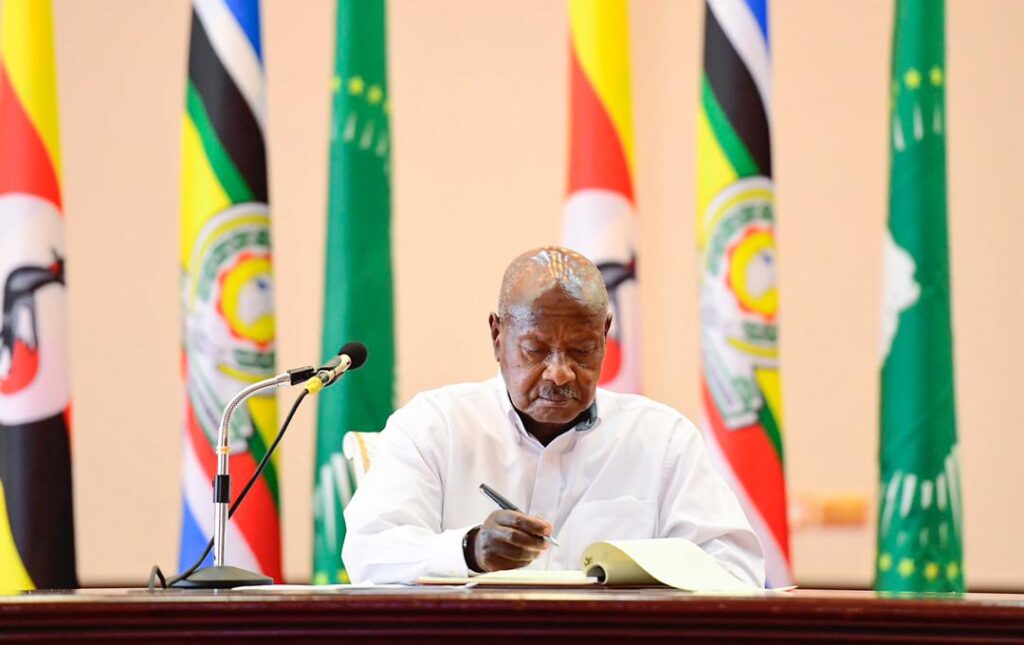Last week, Uganda was rocked by the startling announcement from the World Bank, suspending new loans and financial aid in response to the country’s controversial Anti-gay law. The announcement, originating from Washington DC, United States, marked a temporary halt in project financing due to the perceived contradictions of the law with the lender’s foundational principles.
In response, President Yoweri Museveni criticized the decision, asserting that Uganda can thrive with or without foreign financial assistance. Museveni underlined the nation’s commitment to minimizing borrowing and its unwillingness to succumb to pressure from foreign entities attempting to manipulate Africans into forsaking their faith, culture, and sovereignty through monetary means.
Abdallah Kasalawo Kalulu, a local political analyst and figure in Namutumba district, interprets the World Bank’s action as a catalyst for African leaders to transition away from a culture of dependency towards a self-sustaining mindset driven by comprehensive planning instead of continual borrowing and seeking external financial support.
Kalulu commended the resolute response of the Museveni government, alleging that the World Bank’s policies often perpetuate neo-colonialism, exploiting the economies of African nations.
“Uganda can attain social, economic, and political autonomy if its authorities commit to prudent budget management, curtail unnecessary expenses like benchmarking trips of MPs and government officials, and allocate resources wisely. The regime should consider embracing the Pan African ideology, seeking to cultivate an empowered society,” notes Kasalawo.
Kasalawo emphasizes the need to prioritize agricultural transformation, thereby boosting exports and enabling Uganda’s local currency to compete on the global stage. He advocates for a reconsideration of tax holidays granted to investors.
Historically, the World Bank has played a pivotal role in Uganda’s infrastructural development at the local government level through initiatives like Uganda Support to Municipal Infrastructural Development (USMID), funding diverse projects such as road enhancements and security lighting within municipalities and cities.




